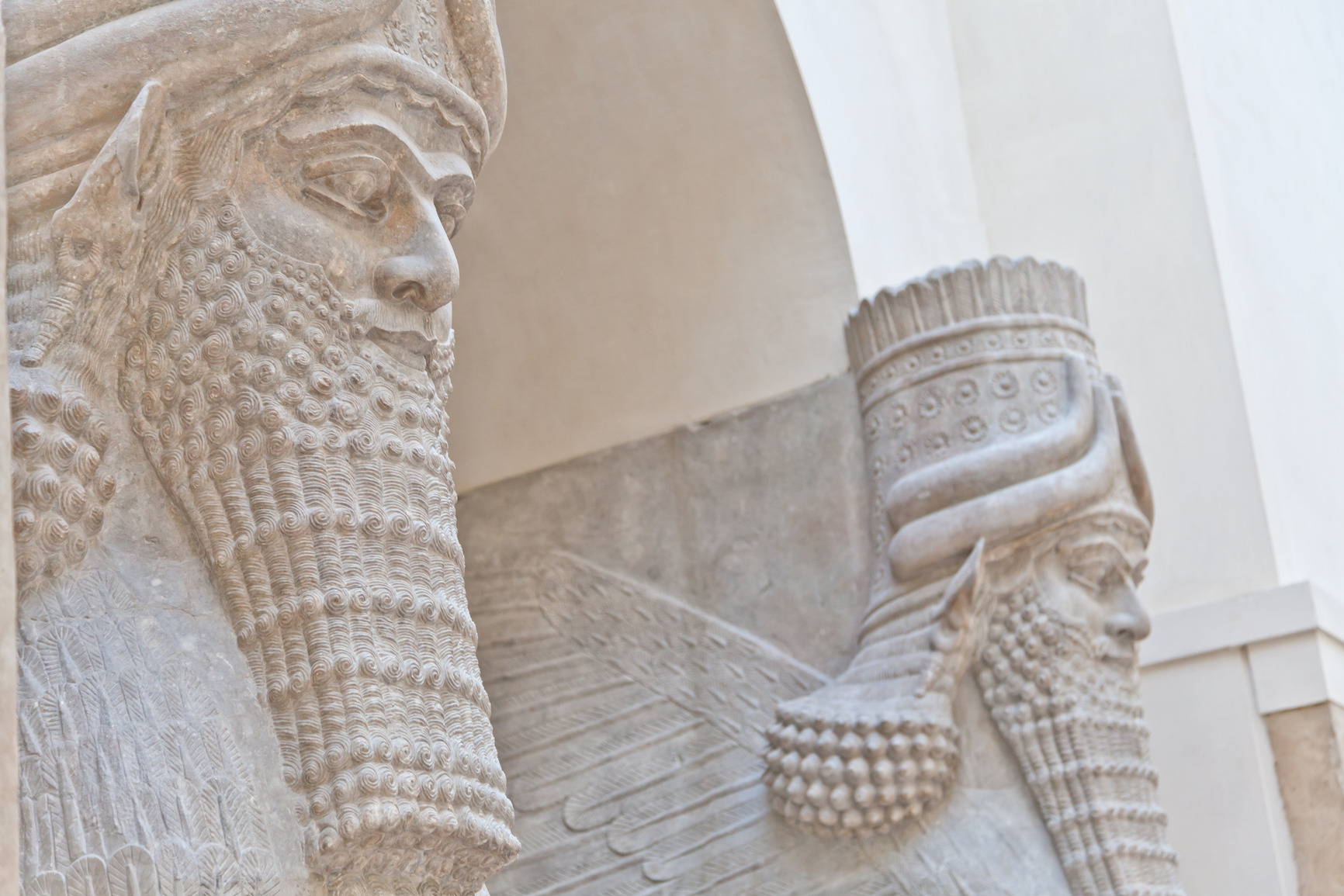Tunisians Celebrate Mawlid
Tunisian families will continue to celebrate the birth of the Prophet Muhammad (s) in 2008, in spite of calls from some religious scholars to end the practice.
Courtesy Jamel Arfaoui and Magharebia in Tunis
Many Tunisian households are preparing to celebrate the birth of Prophet Muhammad (s), despite opposition to the tradition from well known Muslim scholars such as Egypt’s Youssef al-Qaradawi.
Preparations are underway in Tunisian households to celebrate the Mawlid, or the Prophet Muhammad’s (s) birthday, in spite of renewed fatwas aired by many Gulf satellite TV channels specialising in Islamic issues.
Most opponents of the Mawlid celebrations base their arguments on fatwas issued by Muslim scholars, such as Egyptian Youssef al-Qaradawi. In an appearance on the Aljazeera programme “Sharia and Lifeâ€, al-Qaradawi called the Mawlid celebration “an act of jahiliya [pre-Islamic ignorance]â€.
The most prominent fatwas decrying the celebrations were issued by Saudi religious scholars such as General Mufti Abdelaziz Ibn Baaz and Ibn Alothaimeen, the latter going so far as to say that marking the national day should be forbidden in the Kingdom.
Despite the modern controversy, the holiday has enjoyed a long tradition. According to historians, the Fatimids were the first people to celebrate the Mawlid, carrying the practice to the Maghreb when they ruled the region in 1102.
Professor Iqbal Gharbi of the Tunisian Faculty of Shariah strongly criticised the call to forbid the celebration. Speaking with Magharebia, she described the people responsible for the fatwas as “enemies of joy.â€
The professor accused them of “creating the culture of death that denies happiness and joy and kills the instincts of life,†saying they “try to cause an intellectual and doctrinal break between society and its psychological and cultural heritage, habits and customs.â€
For Gharbi, the Mawlid celebration is an “important opportunity for the people to come together to hear about the life of Prophet Muhammad (s); to listen to praise; to give out food; to bolster solidarity and social fabric; and to bring happiness and joy to the hearts of this nation.â€
Although these celebrations may be a “novelty†never held during the Prophet’s (s) life, Gharbi said they are a good novelty. “Not all novelties are aberrances, as the extremists say. In this regard, we have a Prophetic tradition that says, ‘He who starts a good practice in Islam and people observe it during and after his time, he will have the same reward as those who observed it and their rewards shall not decrease.’â€
The debate among housewives in Tunisia is not whether Mawlid celebrations are allowed or forbidden – it concerns instead the type of porridge, or asida, that they will prepare for their families.
There are families who still cling to the traditional flour asida, with butter or oil and sugar added. Others prefer variations of the recipe according to their budgets and desires. Some prepare it in the expensive Turkish way, with zaqouqou (pine cone, or black seeds from the east), or mixed nuts.
Nejiba Wartani told Magharebia that every year she reaches her wit’s end. “My husband prefers the traditional asida, while my children prefer the modern version. Therefore, in the end, I cook two types.â€
Asked about the fatwas condemning the Mawlid celebration, she said with astonishment, “Who issued such a fatwa? We have celebrated this occasion for a long time. I saw how my grandmother had been keen on celebrating it. If it had been a forbidden practice, it wouldn’t have lasted until now. What is haram is known and clear. I doubt that millions of Muslims can’t discern between halal and haram.â€
10-14













2008
1,636 views
views
0
comments